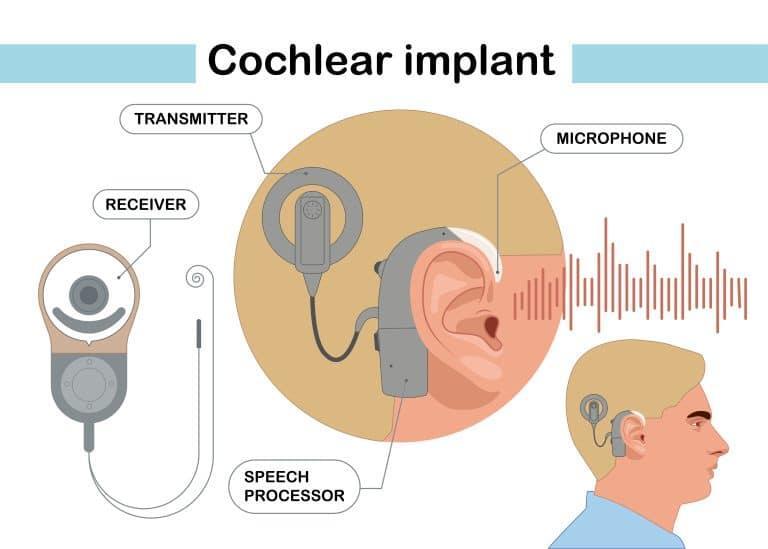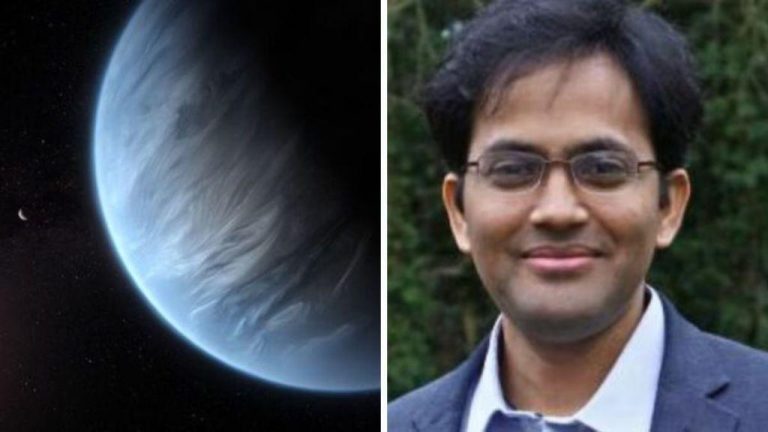
World Hearing Day 2025: Why Early Diagnosis Can Change Lives
March 3rd marks World Hearing Day, a global initiative to raise awareness about the importance of hearing and hearing loss. According to the World Health Organization (WHO), more than 466 million people worldwide suffer from disabling hearing loss, and this number is expected to rise to 900 million by 2050. In India alone, around 63 million people suffer from significant hearing loss. As Dr. Chandra Veer Singh, a renowned audiologist, emphasizes, early diagnosis, advanced treatments, and newborn screening protocols can significantly impact the lives of those affected by hearing loss.
The Significance of Hearing Loss
Hearing loss can have a profound impact on an individual’s quality of life. It can lead to social isolation, depression, and anxiety, as well as affect communication and relationships. Moreover, untreated hearing loss can also have a significant economic impact, with estimates suggesting that it can reduce an individual’s earning potential by up to 50%.
The Causes of Hearing Loss
Hearing loss can be caused by a variety of factors, including age, genetics, noise exposure, and certain medical conditions. Prolonged exposure to loud noises, such as music, construction, or industrial sounds, can cause permanent damage to the hair cells in the inner ear, leading to hearing loss. Additionally, certain medical conditions, such as otosclerosis, can also cause hearing loss.
The Importance of Early Diagnosis
Early diagnosis and intervention are crucial in preventing or mitigating the effects of hearing loss. The earlier hearing loss is detected, the better the chances of successful treatment. Dr. Singh highlights the importance of early diagnosis, saying, “Early detection and treatment can significantly improve the quality of life for individuals with hearing loss. It can also reduce the risk of associated conditions, such as depression and anxiety.”
Advanced Treatments for Hearing Loss
Advances in technology have led to the development of advanced treatments for hearing loss, including cochlear implants. Cochlear implants are a type of implantable device that bypasses damaged hair cells in the inner ear and directly stimulates the auditory nerve, allowing individuals to hear sounds and speech. Dr. Singh notes, “Cochlear implants have revolutionized the treatment of severe to profound hearing loss. They have significantly improved the quality of life for individuals who were previously unable to hear.”
Newborn Screening Protocols
Newborn screening protocols are also an essential part of preventing hearing loss. Newborns are screened for hearing loss using otoacoustic emissions (OAE) and auditory brainstem response (ABR) tests. These tests detect any abnormalities in the hearing system, allowing for early intervention and treatment.
The Role of Young Doctors in Improving Hearing Care
Dr. Singh emphasizes the importance of young doctors specializing in audiology to improve hearing care in India. He notes, “As the population ages and the prevalence of hearing loss increases, there is a growing need for skilled audiologists and hearing care professionals. Young doctors who specialize in audiology can make a significant difference in improving hearing care in India.”
Conclusion
World Hearing Day 2025 is an opportunity to raise awareness about the importance of hearing and hearing loss. Early diagnosis, advanced treatments, and newborn screening protocols can significantly impact the lives of those affected by hearing loss. As Dr. Singh emphasizes, young doctors who specialize in audiology can play a crucial role in improving hearing care in India. By working together, we can reduce the prevalence of hearing loss and improve the quality of life for millions of people worldwide.
Source: https://www.healthcareradius.in/awareness-and-promotion/world-hearing-day






